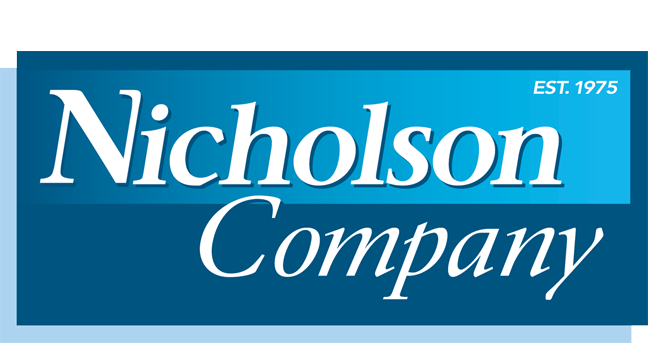How to Lower Your Heating Bills
When you feel that first autumn breeze, it’s time to prepare your home for the chilly times ahead. Early fall is a perfect time to winterize your home and thereby lower heating costs. Here are eight ways to enjoy consistent indoor warmth and save money on utility bills in the bargain.
Schedule Heater Maintenance
An easy way to get your Asheville, NC, home winterized is to schedule a heat pump or furnace tuneup with a trusted HVAC contractor. Your technician will carefully inspect your heating system and correct any existing or potential problems. After that, your heating equipment will be treated to a thorough cleaning and safety check. It’s a fact that well-maintained HVAC systems outperform systems that are not maintained, and because a heat pump or furnace tuneup will help the system to operate at maximum efficiency, staying warm will cost you less in monthly utility bills all winter long.
Keep Your Air Filters Clean
Nothing will drive up energy costs like a clogged and dirty air filter. Dirty filters force your heat pump or furnace to work harder than usual to deliver the required degree of heat, and this extra work will be reflected in higher utility bills. What’s more, the extra stress on your equipment can cause damaging wear and tear which can lead to expensive heating repairs and premature heater replacement.
Install A Programmable Thermostat
Turning down the heat while you sleep or when no one is home will definitely lower heating costs, but do you always remember to turn down the thermostat? A programmable thermostat is a sophisticated tool with which you can program your indoor temperature to automatically adjust to your schedule. You can program different temperature settings for different days of the week and different times of the day. You can even control indoor temperatures while you’re away from home with your smartphone or laptop.
Draft-Proof Doors and Windows
Did you know that roughly one-third of heated air escapes through cracks around doors and windows? Weather caulking or weatherstripping is an inexpensive way to fill in these leaks, prevent heat loss and save money on utility bills.
Keep Unused Rooms Closed Off
If you have extra bedrooms and other rooms you don’t normally use, close the air vents in those rooms and keep the doors shut.
Use Space Heaters
You can save on heating costs by turning the heat way down and using space heaters in the rooms you use. That way, you’ll get the warmth you need exactly where you need it without having to heat the whole house.
Schedule Duct Cleaning
If you have a central heating system and you haven’t had your air ducts cleaned recently, schedule an air duct inspection appointment with an HVAC professional. Over time, duct work can develop cracks through which heated air escapes. Your technician will seal any leaks, and you’ll have greater indoor comfort at a lower monthly price.
Don’t Let Your Fireplace Leak Heated Air
According to the U.S. Department of Energy, many residential fireplaces let warm air out and cold air in. If you don’t use your fireplace, seal the chimney flue to guard against heat loss. If you do use your fireplace, be sure that the damper is tightly closed when the fireplace is not in use, and don’t forget to inspect the damper seal to ensure that it’s a tight fit.
If your heat pump or furnace is an older model, you may be able to lower your heating costs considerably with heater replacement. This is particularly true for furnaces or heat pumps that have not received annual maintenance and for units that require frequent repairs. The wonderful thing about furnace or heat pump replacement is that your utility bills will be greatly reduced, and you can apply the monthly savings to the installation costs of the new unit. Heaters get more efficient every year, and if you really want to save money on utility bills, check out Nicholson Company’s super-efficient geothermal heat pumps.


